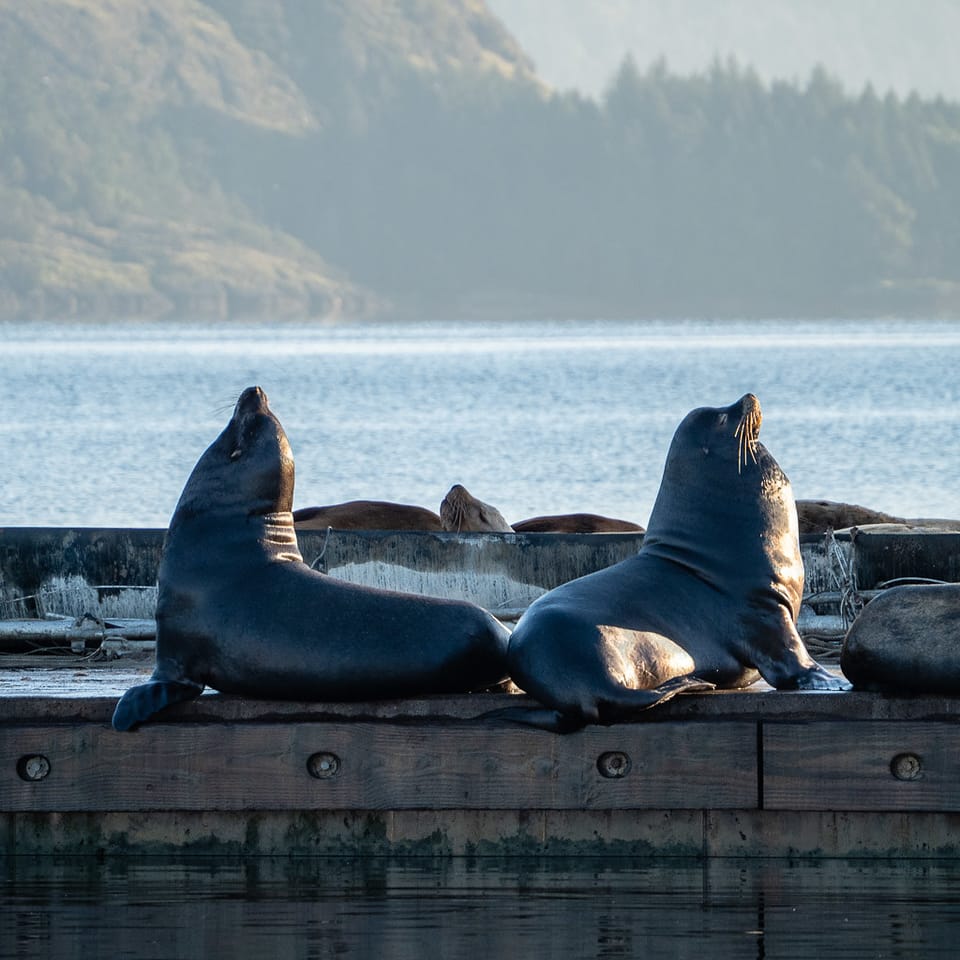EcoWest News, September 6, 2022

Welcome to EcoWest News, a weekly round-up of news and resources that you can put to use in addressing environmental issues and protecting the wild in your community.
Across the West
Winnipeg is exploring geothermal heat pumps for its aging ice rinks. Bonus – the excess heat generated by the ice rinks would heat neighbouring buildings. [The Narwhal]
Canada may start shipping hydrogen to Europe from Alberta via the Port of Churchill in the form of anhydrous ammonia. Germany wants green hydrogen; Canada wants to ship blue hydrogen produced from natural gas. [The Conversation]
Saskatchewan farmers want the right to repair and possibly modify their own equipment to save time and to meet each farm’s unique needs. [Regina Leader Post]
A team of University of Alberta researchers has found that “neighborhoods have the potential to locally respond to the global problems of climate change. Their unique scale, located at the intersection of the city and the individual/building, affords them with multiple opportunities to stir collective climate action.” [Sustainability Times]
Reporting Back
The National Farmers Union report, Nitrogen Fertilizer: Critical Nutrient, Key Farm Input, and Major Environmental Problem, makes the case for optimizing rather than maximizing tonnage: “Defending fertilizer is not the same as defending farmers. Fertilizer companies prosper when they sell as much as possible. Farmers prosper when they use only as much as necessary.”
The report on the 2022 Indigenous Clean Energy Gathering is now available and covers topics such as a rights-based perspective, kinship relations, youth empowerment, women in leadership, hydrogen, energy efficiency, and access to funding.
The Intergovernmental Panel on Climate Change's report on Mountains outlines climate change impacts as well as research areas that are needed to address important gaps in knowledge.
West Coast Environmental Law has published Pollution in Paradise: Dumping by Ships in Canada's Marine Protected Areas, identifying significant legal loopholes that continue to permit dumping in all Canadian MPAs.
Yay or Nay?
If you’ve bought an electric bike, you want to use it when you’re holidaying in provincial and national parks. But not everyone agrees that e-bikes are appropriate in places such as Banff National Park. Travelling at higher speeds for greater distances and in silence, e-bikes could damage trails and habitat and startle wildlife. [Calgary Herald]
On the Bookshelf
Spirits of the Coast: Orcas in Science, Art and History, edited by Martha Black, brings together the work of marine biologists, Indigenous knowledge keepers, poets, artists, and storytellers, united by their enchantment with the orca. Raincoast Conservation Foundation has published an extract.
Under Prairie Skies: The Plants and Native Peoples of the Northern Plains by C. Thomas Shay considers the role plants played in the lives of early inhabitants of the Northern Great Plains.
You might also enjoy Sustainability Matters: Prospects for a Just Transition in Calgary, Canada’s Petro City by Noel Keough with Goeff Ghitter.
See Also: Nature Reading

Nature’s Wonders
Dragonflies successfully catch their prey 97% of the time, an amazing feat considering they must plan to intercept the prey’s future location within a cluttered environment while performing aerial acrobatics. [Social Sciences]
Photo credit: sea lions - https://www.flickr.com/photos/apmckinlay/49125740006, dragonfly - https://www.flickr.com/photos/apmckinlay/51298338615
EcoFriendly West informs and encourages initiatives that support Western Canada’s natural environment through its online publication and the Nature Companion website/app. Like us on Facebook, follow us on Twitter, or subscribe by email.

Member discussion